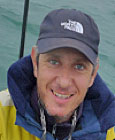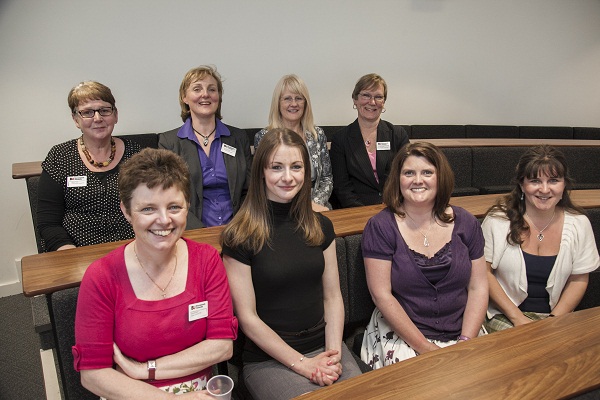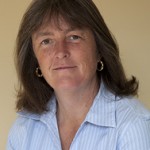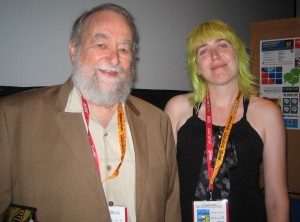Mapping the socioeconomic drivers of human disease emergence: Implications for AIDS and tuberculosis.
The tropical air was charged with hope and despair as the world’s leaders descended on Rio de Janeiro in 1992[1]. Twenty years later, the situation has not changed significantly and key targets for the reduction of biodiversity loss have not been met[1]. With the world’s population expected to grow from 6.8 billion today to 9.1 billion by 2050, how will all these extra mouths be fed at an acceptable cost to the planet? The world’s population more than doubled from 3 billion between 1961 and 2007, yet agricultural output kept pace — and current projections suggest it will continue to do so. However, Colin Chartres, director of the International Water Management Institute, has stated that “agriculture is the biggest user of fresh water, making up 70–90% of the annual water demand for many countries”[2]. The worldwide pattern of river threats offers the most comprehensive explanation so far of why freshwater biodiversity is considered to be in a state of crisis. Estimates suggest that at least 10,000–20,000 freshwater species are extinct or at risk, with loss rates rivalling those of previous transitions between geological epochs like the Pleistocene-to-Holocene.
Along with the change of freshwater biodiversity expected as a result of environmental change and increased demand on ecosystem services, change in disease risk is also expected. It is forecasted that complex interactions between host type diversity and community of pathogens will be modified along with change of community structures. However, our current understanding of how change in biodiversity affects transmission and emergence of disease has been overlooked.
A group of researchers from different BU departments aim to characterise the socio-economic drivers underpinning change in freshwater host biodiversity that lead to the emergence of immuno-suppressant related human disease. Specifically they are going to
1-to establish the worldwide distribution of microsporidian parasites and their fish hosts
2-to establish levels of host extinction risk
3-to model the links between freshwater biodiversity threats and a range of socio-economic parameters
4-to develop a set of risk maps of freshwater immuno-suppressant human disease emergence.
5-to relate our risk maps to current global distribution of AIDS and tuberculosis cases.
6- To establish a dynamical stochastic forecasting system based on a learning technique as a predictive epidemiology technique. The technique represents the state-of-the-art in epidemiology, linking socio-economic drivers and emerging infectious diseases.
The project would be conducting mostly based at the Business school but with regular meeting between the three supervisor, including skype meeting for the day to day supervision.
The outcomes of the on-going research will be of great interest to the World Health Organisation, the United Nations Development Programme and public health NGOs (e.g. Project Hope, Oxfam).
The FIF has been used to recruit a research assistant for a period of six months to help us with the meta-data collection, modelling and data analysis. This was key in initiating the first phase of the cross school collaboration.
Researchers: Dr Hossein Hassani (Business School), Dr Demetra Andreou (Applied Sciences) and Prof. Rudy Gozlan (Applied Science).



[1] Editorial. Return toRio: Second chance for the planet Nature 486, 19 (07 June 2012) doi:10.1038/486019a
[2] http://www.nature.com/news/2010/101004/full/news.2010.490.html
 Please be aware of the upcoming deadline for submitting your application to the Fusion Investment Fund!
Please be aware of the upcoming deadline for submitting your application to the Fusion Investment Fund!




















 REF Code of Practice consultation is open!
REF Code of Practice consultation is open! BU Leads AI-Driven Work Package in EU Horizon SUSHEAS Project
BU Leads AI-Driven Work Package in EU Horizon SUSHEAS Project Evidence Synthesis Centre open at Kathmandu University
Evidence Synthesis Centre open at Kathmandu University Expand Your Impact: Collaboration and Networking Workshops for Researchers
Expand Your Impact: Collaboration and Networking Workshops for Researchers ECR Funding Open Call: Research Culture & Community Grant – Apply now
ECR Funding Open Call: Research Culture & Community Grant – Apply now ECR Funding Open Call: Research Culture & Community Grant – Application Deadline Friday 12 December
ECR Funding Open Call: Research Culture & Community Grant – Application Deadline Friday 12 December MSCA Postdoctoral Fellowships 2025 Call
MSCA Postdoctoral Fellowships 2025 Call ERC Advanced Grant 2025 Webinar
ERC Advanced Grant 2025 Webinar Update on UKRO services
Update on UKRO services European research project exploring use of ‘virtual twins’ to better manage metabolic associated fatty liver disease
European research project exploring use of ‘virtual twins’ to better manage metabolic associated fatty liver disease